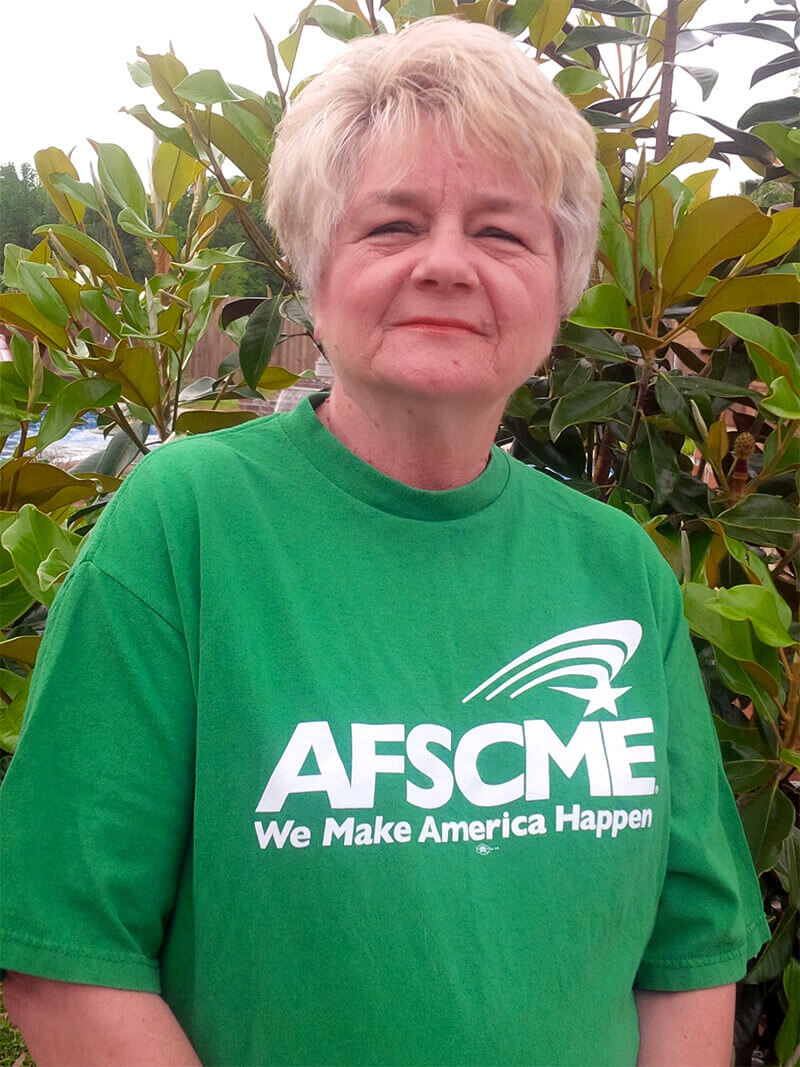
In the late 80s, Shirley Coody, now an assistant warden at the Louisiana State Penitentiary, attempted what few, if any, women correctional officers had done before: “go down the walk.”
The so-called “wild side” at Angola, the largest maximum-security prison in the United States, was an all-male inmate housing complex. And to “go down the walk” in that area was to go into the offenders’ living quarters and make the rounds, keeping the peace if necessary and trying to elicit respect from the men, most of whom were serving life sentences for violent crimes.
It was a tough job for anybody, let alone a petite woman like Coody.
But Coody had wanted the job. In fact, she had fought for it. When the prison administration had advertised promotional opportunities for men only, she had filed a discrimination complaint with the U.S. Equal Employment Opportunity Commission, and won.
Since she had just been appointed a lieutenant, she felt that she had something to prove, namely, to succeed at a job that only men were supposed to be able to do. She felt that she could not afford to fail.
On the night she first went down the walk at Angola, “I was scared to death,” recalls Coody, a winner of AFSCME’s Never Quit Service Award. “What I’d heard until that point was what my male counterparts said about the offenders, which was that they were murderers and rapists, that they were uncontrolled and just waiting for an opportunity to take advantage of you.”
On that first night, “I went on the big yard and into the housing areas, and I went down the walk and pulled a 12-hour shift and walked out. I wasn’t murdered or raped. In fact, as I found out later, the offenders were very protective.”
As Coody continued to serve in her new position, she found out something unexpected.
“I started to notice that when I went down the walk, there was always an inmate awake, apparently keeping watch,” she recalls. “So, one day I asked them about it, and they said, ‘We’re watching out for you because we want you to make it. If a small, blonde woman like you can make it, then we’re not the monsters people think we are.’”
Coody succeeded, and continues to succeed. Her trailblazing career has been a series of steps up the correctional ladder, from captain to major to lieutenant colonel and now assistant warden for administration services. She is also president of AFSCME Local 3056 (Council 17).
“They say women are weak and can’t handle the job, but we are not the weaker sex,” she says. “Give us an opportunity to prove ourselves. If I can’t handle the job, I’ll go back, but at least give me the chance.”
Coody says what motivates her is to make a difference. “Angola has changed so much over the years. There’s been tremendous change,” she says. “But there’s only change if you’re willing to fight for it, to make it good for everybody and not just yourself. If you don’t stand up for yourself and for what’s right, you’re going to lose.”
Coody is an inspiration to many, says her colleague Helen Braswell, a lieutenant at Angola who nominated Coody for the Never Quit award.
“She serves as an example to all of the females here,” says Braswell, who met Coody at the prison several years ago and worked under her. “All females can move up in rank now to higher positions that were unheard of in the 70s and 80s. Shirley inspires everyone she works with. She has a lot of strength and knowledge, and she passes it down like a teacher to a student.”
